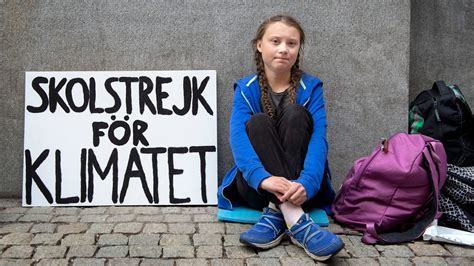
The complexity and long-term nature of climate change make it extremely difficult on the one hand for experts and advocates to communicate to different audiences and on the other hand for citizens and laypeople to understand and grasp implications and opportunities for meaningful action. In this course, students will learn about the climate crisis in the current media environment and gain practical experience creating their own media artifacts related to climate change. This course is an international cooperation that allows students to gain valuable intercultural experience on this urgent topic.
The course uses a blended learning approach, combining asynchronous learning with a few live, interactive sessions, to explore both theoretical and practical aspects of climate communication in an international setting.
In the first phase, students learn about the climate crisis and media theory and explore different forms of climate communication, from the scientific policy advice provided by the Intergovernmental Panel on Climate Change (IPCC) to how climate is reported in the news and even climate messages shared by creative forms of media such as literature, social media, and advertising. Students will use their new critical understanding to write a theoretical paper that analyzes how one aspect of climate change is communicated and what this means.
In the second phase, students work in international teams to create their own media artifacts (e.g., a short video, podcast, or fictional story) that seek to effectively communicate an important climate-related issue.
By taking this course, students will acquire a deep theoretical and practical understanding of climate communication and storytelling as well as build valuable intercultural competences. Students from all backgrounds and disciplines will gain both valuable skills and experience that they can use in further studies and their career.
This course is an international collaboration between the FernUniversität's infernum degree program, the Open University of Catalonia's (UOC) media and communication department, and Ca'Foscari University of Venice's environmental humanities program. Students from these programs can apply for the course directly through their university point of contact. If you have any questions about this course, please contact Lisa Pettibone (lisa.pettibone@fernuni-hagen.de).
